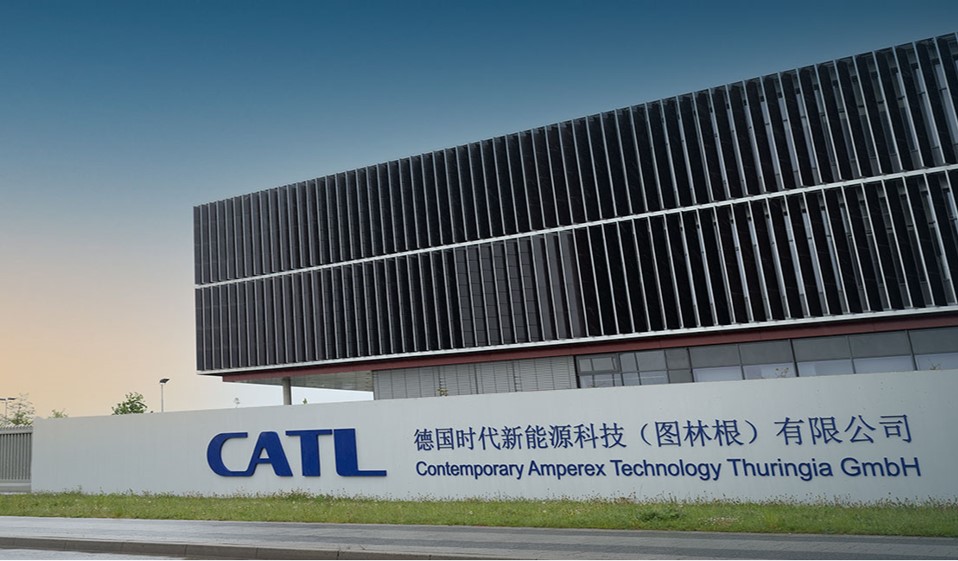 |
| CATL |
The world's largest battery maker, CATL (Contemporary Amperex Technology Co. Limited), is actively pursuing joint ventures (JVs) with European carmakers in 2025 to diversify its production base, according to co-chair Pan Jian at the World Economic Forum in Davos. Highlighting concerns about overconcentration in single regions, Jian emphasized the importance of spreading production globally to mitigate supply chain risks.
Global Expansion Plans
CATL has already announced significant projects, including a 50GWh plant in Zaragoza, Spain, in collaboration with Stellantis, the multinational automaker behind brands like Fiat, Jeep, and Alfa Romeo. With 13 plants globally—11 in China and two in Germany and Hungary—CATL is also building facilities in Indonesia, Thailand, and the United States, with partnerships involving Ford and Tesla.
Notably, CATL supplies batteries to top-tier EV models, including the Tesla Model 3 and Y, BMW iX, Mercedes EQ series, and Volkswagen ID series.
Software: The Key to EV Market Leadership
While EV sales in China surged nearly 40% in 2024, growth in Europe and the U.S. was uneven, with sales declining in Germany and France. Pan Jian pointed out that software development remains a critical bottleneck for legacy automakers.
For instance, Ford faces challenges due to its entrenched corporate culture, despite its visionary leadership under CEO Jim Farley. In contrast, Volkswagen has taken bold steps, such as forming a 49:51 JV with Chinese tech firm Thundersoft to enhance connectivity and infotainment systems. Volkswagen also acquired a 5% stake in Chinese EV maker Xpeng and established a charging partnership earlier this month, driving an 8.1% increase in its BEV sales in China to 207,400 units in 2024.
Struggles in the West
Western automakers and tech firms have faced setbacks in EV and autonomous vehicle projects. General Motors incurred a $600 million loss from its Cruise Origin autonomous vehicle. Similarly, Amazon-backed Rivian struggled to scale production, while Apple canceled its $10 billion self-driving EV project in 2023. Alphabet’s Waymo faced investigations into crashes involving its autonomous taxis, and Dyson abandoned its EV plans back in 2019.
CATL's strategy to strengthen partnerships and diversify production reflects a calculated response to these industry challenges, underscoring the critical role of collaboration and innovation in the evolving EV landscape.

